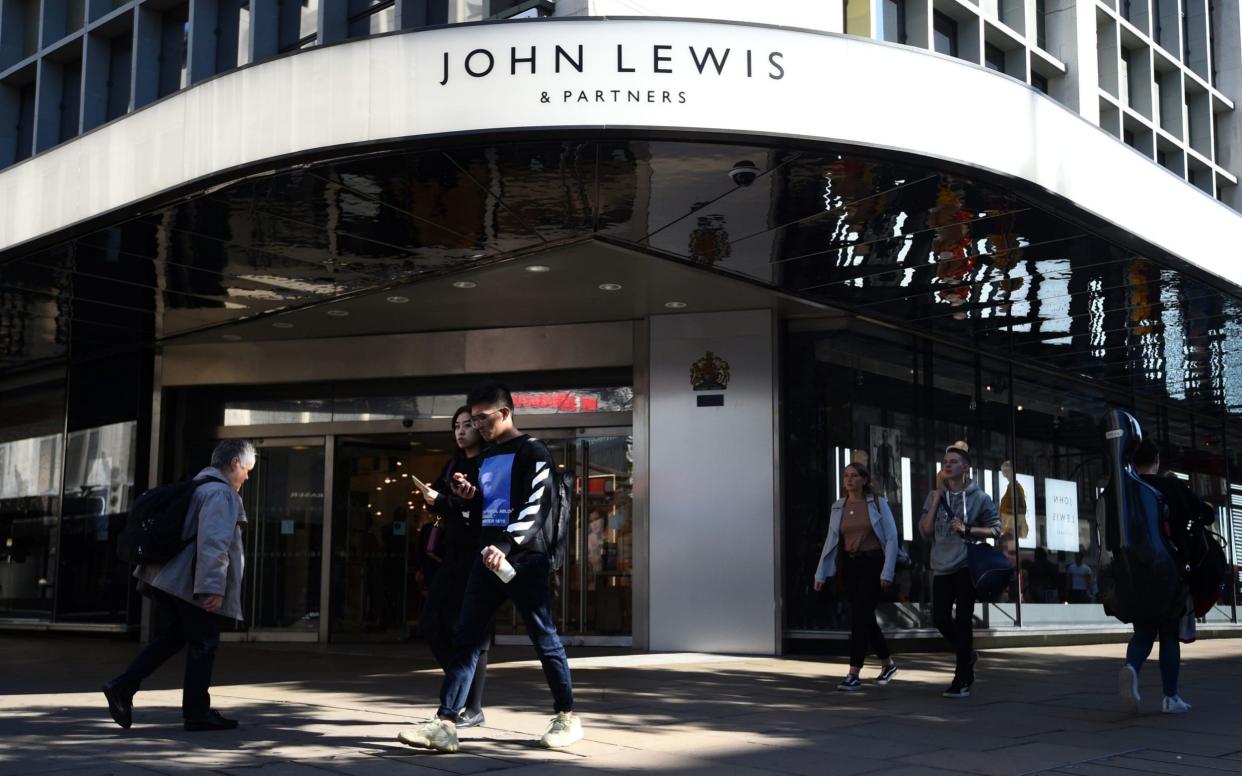John Lewis set to turn half of Oxford Street store into offices

John Lewis has been granted permission to turn almost half of its flagship store on London’s Oxford Street into office space as it tries to restore the business to profitability.
The loss-making department store chain, which has had a presence in the capital since 1864, was given the nod by Westminster City Council on Tuesday evening, after submitting plans for the site in September.
The council’s planning sub-committee voted unanimously “on the basis of exceptional circumstances to justify the loss of retail floorspace”, according to real estate advisor Altus Group.
John Lewis could now turn floors three to eight of its Oxford Street branch, or 45pc of total floorspace, into dual use space.
These floors sell kitchen and bathroom products, electrical goods and children’s toys and books. The changes would leave retail covering most of the basement, ground, first and second floors.
Flexibility to use its footprint for retail or offices gives the company the “opportunity to invest in the retail store for its long-term future”, noted the council minutes. It said offices could bring a new customer base for John Lewis.
A new office entrance was also proposed on the corner of Holles Street and Cavendish Square.

John Lewis' application follows a trend of department stores swapping out retail space, as more shoppers turn away from traditional bricks-and-mortar on British high streets in favour of online shopping.
The coronavirus pandemic and ensued lockdowns have only worsened the situation, with stores battered from being forced to shut for months.
Last week planning permission was granted to the nearby Debenhams store on Oxford Street to turn its fourth and fifth floors into offices.
Earlier this month John Lewis and sister business Waitrose formally launched a "bold" plan to revive the retailer by selling far more online at lower prices in a bid to achieve £400m in profits over the next five years.
The employee-owned partnerships wants to become less reliant on stores by doubling down on affordable housing and financial services, and branching out into garden centres. It plans for almost half of profits to come from non-retail by 2030.


